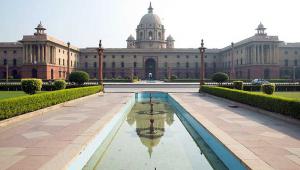Published this week, the IMF update found that the government’s fiscal strategy has helped to boost confidence and market sentiment. However, further structural reforms including tax policy, the labour market and infrastructure, are needed to raise long-term growth.
Brazil has been mired in political controversy after a massive corruption scandal involving state-owned oil company Petrobras implicated senior politicians and businessmen in fraud and money laundering.
The crisis culminated in the removal of president Dilma Rousseff from office in August, after an impeachment trial found her guilty of manipulating the federal budget to disguise a growing deficit.
Meanwhile, during 2015 and 2016, the economy entered recession, which hit tax receipts and pushed up unemployment. These pressures have caused the primary budget deficit to hit record levels in 2016.
A shortfall in available credit and the political uncertainty caused by the Petrobas scandal have been the main factors behind declining investment and consumption, and rapidly growing unemployment, the report found. Also, a sharp realignment of regulated prices and monetary policy tightening represented a drag on growth.
However, according to the IMF, Brazil is poised to exit recession, thanks in part to a series of measures announced by the government to address “long-standing fiscal imbalances and budget rigidities”.
The fund is now calling for a “strong push” to implement measures around expenditure that would help to restore policy credibility and market confidence with positive effects on investment and growth. Early implementation of these measures would help moderate inflation expectations and facilitate monetary policy easing, it said.
Principally, the fund called for a federal spending cap, which it said may need to be complemented with revenue measures in order to achieve fiscal targets if revenue collections disappoint in the future.
It also called for a reform of social security schemes, including those for civil servants at all levels of government. This is due to Brazil’s ageing population and large imbalances between income and payment obligations for social security programmes.













